Crafting a safe and efficient soldering station is paramount for any DIY enthusiast or professional soldering technician. The fumes generated from soldering may not only cause discomfort but can pose significant health risks over time. Fortunately, building your own 12V solder fume extractor can provide an effective solution. This comprehensive guide will walk you through creating a DIY solder fume extractor to help you absorb, remove, and prevent smoke, ensuring a safer soldering environment without breaking the bank.
**Understanding the Importance of Fume Extraction**
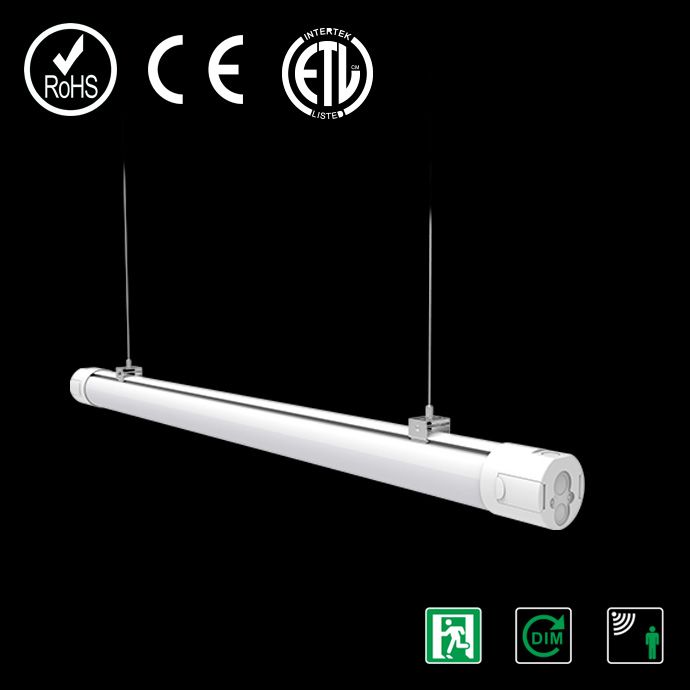
Soldering involves melting solder to join metal components. During this process, potentially harmful smoke, often containing lead, rosin, and other hazardous substances, is released. Long-term exposure to soldering fumes can cause respiratory issues and irritation. Therefore, integrating an efficient fume extraction system is essential in any soldering setup.
**Choosing the Right Components for Your Extractor**
Building a 12V fume extractor requires selecting the right components to ensure effective smoke removal:
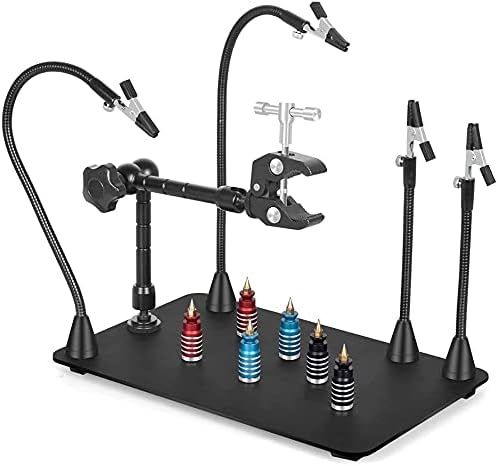
1. **Fan Assembly**: The heart of your fume extractor is a powerful fan to draw in the smoke. Opt for a 12V DC fan with a decent airflow rating, typically around 80 to 120 cubic feet per minute (CFM). Fans used for computer cooling or car ventilation work effectively.
2. **Activated Carbon Filter**: These filters are crucial for capturing and neutralizing the harmful components in solder fumes. Look for activated carbon sheets or blocks that fit your fan size.
3. **Power Supply**: A reliable 12V power supply is necessary to power your fume extractor. This could be an AC to DC adaptor or a portable 12V battery pack, depending on where you'll use the extractor.
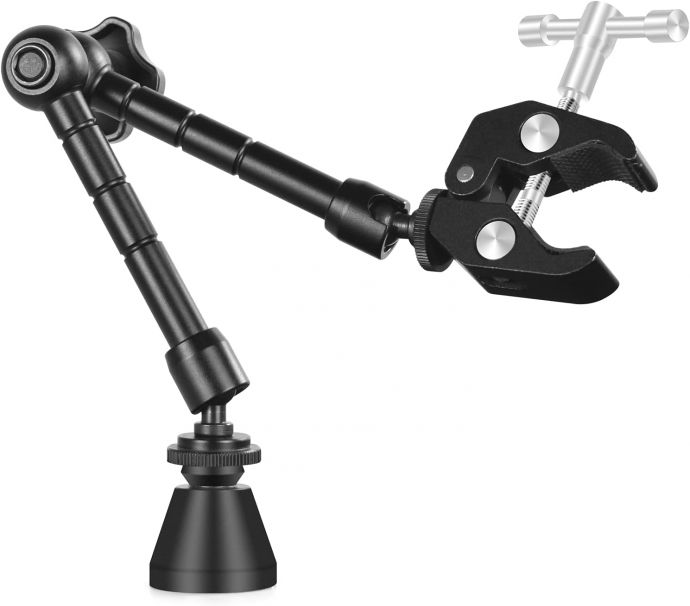
4. **Housing and Mounting Materials**: You’ll need materials to construct the housing for the fan and filter. These could be acrylic sheets, aluminum, or wood, depending on your design preferences and available tools.
5. **Switch and Wiring**: To control the extractor, a simple on/off switch will suffice. Ensure you have appropriate wiring to connect your components safely.
**Step-by-Step DIY Construction**
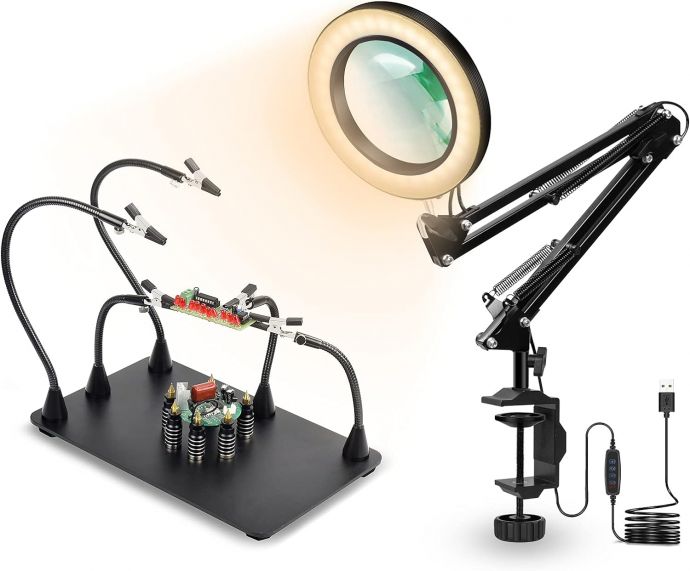
With components in hand, follow these steps to create your solder fume extractor:
1. **Design Your Extractor Housing**
- Start by designing a compact yet functional housing for your fan and filter. Consider a rectangular box where the fan sits at one end, drawing air through an opening and expelling it through the filter.
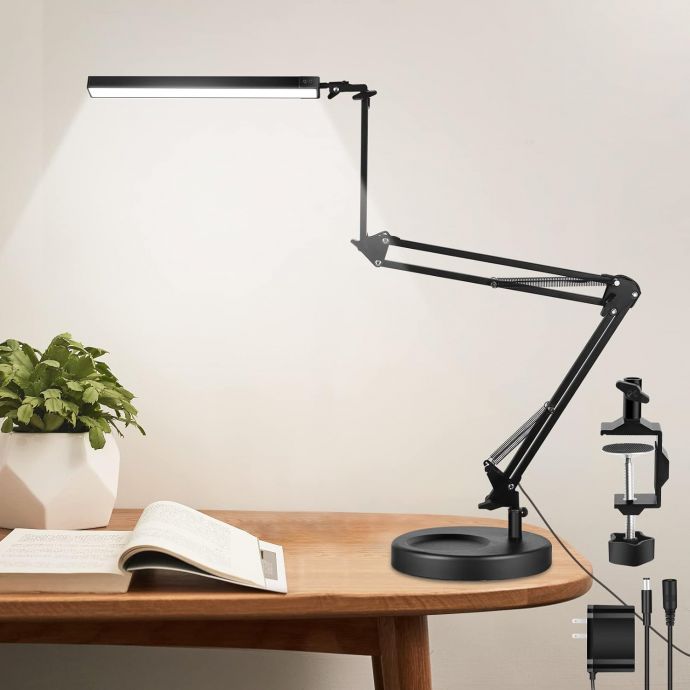
2. **Cut and Assemble the Housing**
- Use your chosen material to cut pieces for the housing. Precision is key, so ensure all edges fit snugly. For acrylic, a laser cutter can provide the cleanest cuts. Assemble the box using screws, hinges, or strong adhesive.
3. **Mount the Fan**
- Secure the fan inside the housing. Position it to ensure it draws air into the box and expels it through the filter. Use brackets or mounts to minimize vibrations and ensure quiet operation.

4. **Install the Activated Carbon Filter**
- Place the activated carbon filter at the exhaust end of the housing. It’s crucial to seal any gaps to prevent unfiltered air from escaping.
5. **Connect the Power Supply**
- Wire the 12V fan to the power supply, incorporating the on/off switch for easy control. Ensure all electrical connections are secure and insulated.

6. **Test the Extractor**
- Before using it for soldering, test the extractor in a smoky environment to ensure it effectively absorbs and removes smoke. Adjust as necessary for optimal performance.
**Optimizing the Extractor Efficiency**
To maximize the efficiency of your DIY fume extractor, consider these additional tips:
- **Positioning**: Place your extractor close to the soldering area to capture fumes before they dissipate into the room. A flexible arm or stand can help position the extractor optimally.
- **Filter Maintenance**: Regularly check and replace the activated carbon filter. With frequent use, filters can become saturated and lose effectiveness, so it's important to maintain them for continual protection.
- **Noise Reduction**: If noise is a concern, consider adding dampening materials, such as acoustic foam, inside the housing to reduce fan noise.
**Environmental and Health Considerations**
Using a fume extractor not only protects your health but also contributes positively to your work environment. By removing hazardous particles from the air, you create a cleaner workspace, increasing focus and productivity. Additionally, incorporating eco-friendly materials and ensuring proper disposal of used filters can reduce your environmental footprint.
**Conclusion**
Building your own 12V solder fume extractor is a rewarding project that safeguards your health while enhancing your soldering experience. With the right components and a well-planned design, you can create an efficient, reliable system that keeps your workspace smoke-free. This DIY endeavor not only empowers you with valuable skills but also underscores the importance of safety in any crafting or repair work. Transform your soldering station into a cleaner, safer haven and breathe easy knowing you've taken an essential step towards mastering DIY safety.









